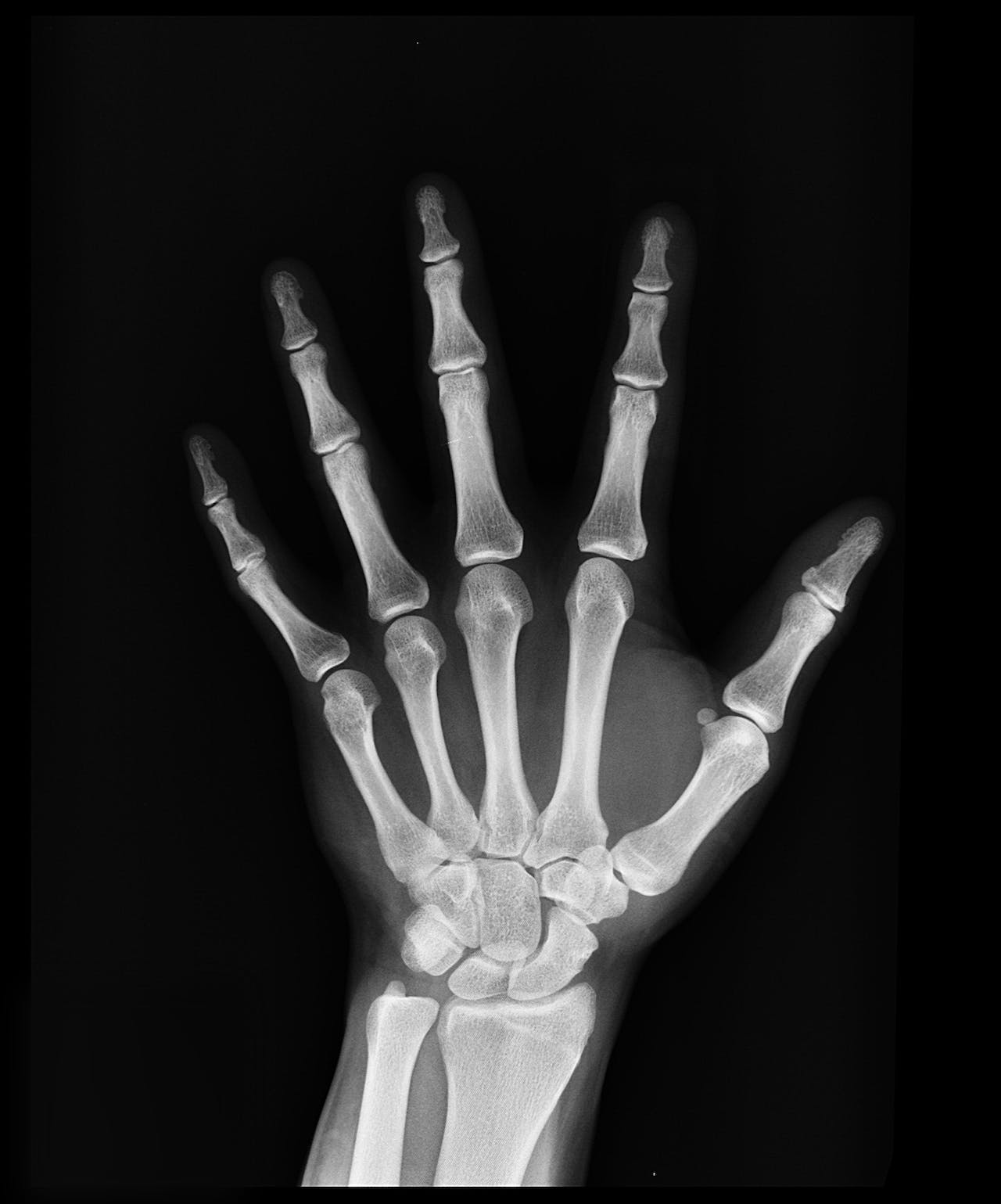Osteoporosis is a skeletal disorder that weakens the bones and makes them prone to fractures. More than 200 million people worldwide suffer from this disease, with women being at a higher risk than men. But the good news is, there are several ways to diminish your risk of developing osteoporosis. This article has been crafted to provide you with comprehensive information on how to maintain healthy bones and avert this debilitating condition.
Understanding Osteoporosis
Before we delve into ways to reduce the risk of osteoporosis, it’s essential to understand the disease. Osteoporosis is a condition characterized by a decrease in bone density, leading to fragile bones and an increased risk of fractures. The word ‘osteoporosis’ itself means ‘porous bones’. This condition sneakily progresses without any symptoms until a fracture occurs, often in the hip, spine, or wrist.
A découvrir également : The impact of sleep on physical and mental health
The Importance of Calcium and Vitamin D
Ensuring an adequate calcium intake can significantly reduce the risk of osteoporosis. Calcium is the main mineral found in your bones, which stores 99% of the body’s calcium to maintain bone structure and function.
The body needs vitamin D to absorb calcium. Without enough of it, one can’t form enough of the hormone calcitriol, causing calcium to be released from the bones to maintain necessary calcium levels in the blood. Hence, sufficient intake of both calcium and vitamin D is vital to prevent osteoporosis.
A découvrir également : The importance of vitamin d for health
You should aim for 1,000 milligrams of calcium per day if you’re under the age of 50, and 1,200 milligrams if you’re older. Good sources of calcium include dairy products, leafy green vegetables, fish with edible soft bones, and calcium-fortified foods and beverages.
Vitamin D can be obtained from sunlight exposure, foods, and supplements. Aim for 600 to 800 International Units (IUs) of vitamin D per day from foods like fatty fish, beef liver, and egg yolks, or consider a supplement if it’s difficult to get enough from sunlight or diet alone.
Regular Exercise for Bone Health
Exercise plays a key role in maintaining bone health. Like muscle, bone is a living tissue that responds to exercise by becoming stronger. Weight-bearing and resistance exercises are the best for your bones. Weight-bearing exercises, like walking, jogging, and stair climbing, make you work against gravity. Resistance exercises such as lifting weights can stimulate bone growth and reduce the risk of osteoporosis.
According to the National Osteoporosis Foundation, adults should engage in at least 30 minutes of weight-bearing exercise on most days of the week, along with muscle-strengthening exercises two days a week.
Assessing and Understanding Your Risk
Understanding your risk of osteoporosis can help you take proactive steps to reduce it. Women are at a higher risk than men, particularly after reaching menopause. Age also plays a role, as bone mass tends to decrease with age.
Family history of osteoporosis, certain medications, and conditions like rheumatoid arthritis, kidney disease, and eating disorders can also increase the risk. If you have any of these risk factors, discuss with your healthcare provider about your bone health and what you can do to reduce your risk.
Lifestyle Changes to Prevent Osteoporosis
Besides diet and exercise, certain lifestyle changes can go a long way in reducing your risk of osteoporosis. Avoiding smoking and limiting alcohol intake can be beneficial, as both can contribute to bone loss.
Maintaining a healthy weight is also important for bone health. Being underweight increases the chance of bone loss and fractures, and excess weight is now known to increase the risk of fractures in your arm and wrist.
Incorporating these healthy habits into your daily routine can help you maintain strong bones and reduce your risk of osteoporosis. Remember, it’s never too early or too late to make health choices that will benefit your bones.
Monitor Your Bone Health Regularly
To reduce your risk of osteoporosis, it’s crucial to monitor your bone health regularly. Doing so will help you identify potential issues early and take necessary action promptly. Regular bone density tests can aid in detecting osteoporosis before a fracture occurs, allowing for timely treatment.
Bone density tests are a quick and painless procedure that measures the strength of your bones. This test is recommended for all women aged 65 and above and men aged 70 and above. However, if you have risk factors such as a family history of osteoporosis, rheumatoid arthritis, kidney disease, or an eating disorder, your doctor may suggest getting tested earlier.
The bone density test results are given as a T-score. A T-score of -1.0 or above is considered normal. If your T-score is between -1.0 and -2.5, it indicates low bone mass or osteopenia, which is a precursor to osteoporosis. A T-score of -2.5 or lower denotes osteoporosis.
If your test results show low bone mass, don’t panic. Armed with this knowledge, you can work more effectively with your healthcare provider to slow down bone loss and prevent osteoporosis. This might include increasing your intake of calcium and vitamin D, starting a weight-bearing exercise regimen, or prescribing medications if necessary.
Conclusion: Your Bones, Your Health
Osteoporosis is a serious condition that affects millions of people across the globe, but it’s not inevitable. By understanding the disease and your risk factors, adopting a bone-friendly diet, exercising regularly, making lifestyle changes, and monitoring your bone health, you can significantly reduce your risk of this disease.
Remember, every step you take toward maintaining your bone density contributes to your overall health and well-being. Regular intake of calcium and vitamin D, combined with weight-bearing exercises, can strengthen your bones. Conversely, avoiding habits like smoking and excessive alcohol consumption can prevent unnecessary bone loss.
If you suspect you’re at risk, don’t hesitate to discuss it with your doctor. They can provide you with a comprehensive bone health plan tailored to your needs. Early detection and action are key in the battle against osteoporosis.
In conclusion, osteoporosis is not just an older adult’s disease. It can affect anyone, at any age. Therefore, it’s essential to start caring for your bones now. After all, healthy bones are the foundation of a healthy body. Let’s make every effort to prevent osteoporosis and maintain our bone health for a lifetime.






